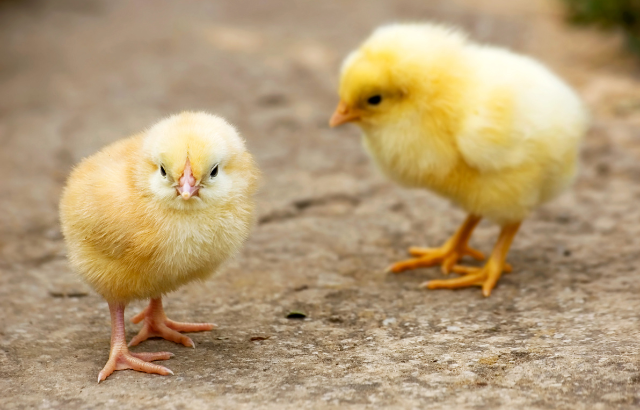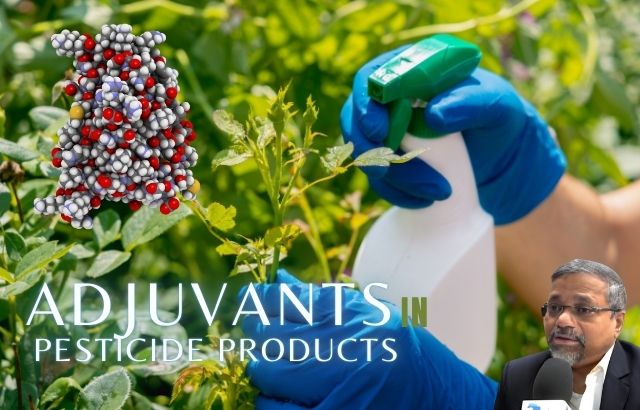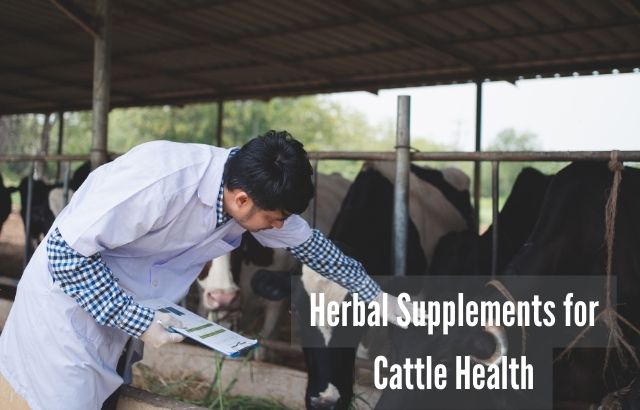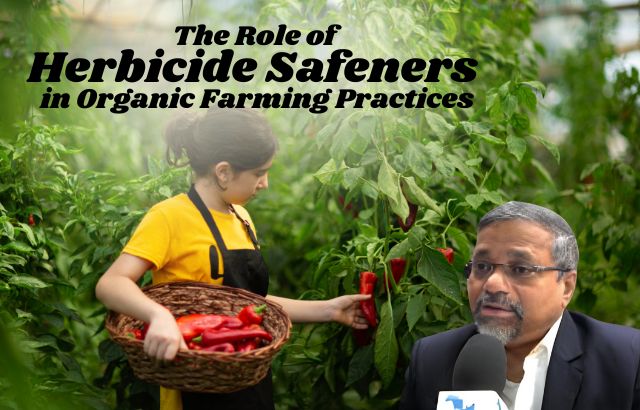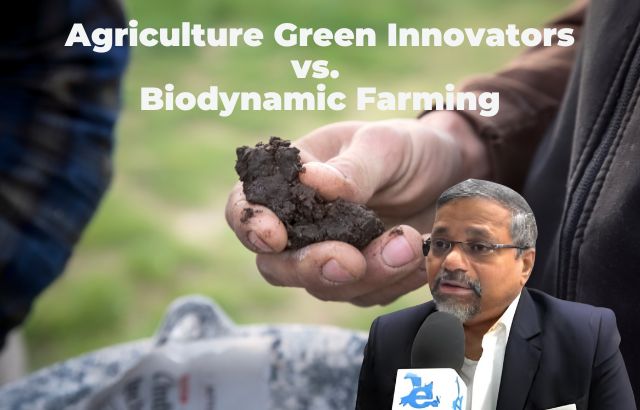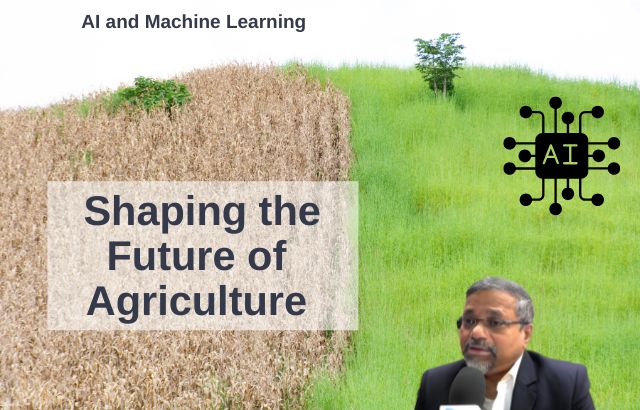Role of Choline in Animal Nutrition – When it comes to animal nutrition, a well-balanced diet is crucial for healthy growth and development. Among the many essential nutrients, choline stands out as a powerhouse that significantly impacts animal growth. In this blog post, we’ll delve into the fascinating world of choline, exploring its sources in animal feed, its importance in animal health, and its remarkable role in enhancing animal growth across various livestock categories.
Choline Sources in Feed
Choline can be found in various forms in animal feed, with the most common being choline chloride. This essential nutrient can also be sourced from plant-based ingredients, such as soybean meal and corn, or through synthetic supplementation in feed formulations. Regardless of the source, choline plays an indispensable role in animal nutrition.
Choline Requirements in Livestock
Different livestock species have varying choline requirements. For instance, poultry, swine, and ruminants each have specific choline needs that must be met for optimal growth and health. These requirements depend on factors like age, weight, and production stage, making precise nutrition crucial for efficient animal farming.
Choline Metabolism in Animals
Choline is essential for various metabolic processes in animals. It aids in fat metabolism, ensuring efficient energy utilization. Additionally, choline is a precursor for phospholipids, which are vital for the structure and function of cell membranes. This multifaceted role makes choline a non-negotiable component of animal diets.
Choline Deficiency in Animals
Choline deficiency can have severe consequences on animal health and growth. Inadequate choline levels may lead to fatty liver syndrome, impaired muscle development, and reduced reproductive performance. Recognizing the signs of choline deficiency and addressing them promptly is critical in maintaining animal well-being.
Choline Supplementation: A Vital Solution
To prevent choline deficiency and promote optimal growth, choline supplementation is often necessary. Adding choline chloride or other choline sources to animal feed formulations ensures that animals receive the essential choline they need for growth and overall health.
Choline’s Role in Animal Health
Beyond growth, choline plays a crucial role in maintaining animal health. It contributes to the proper functioning of the nervous system, aids in immune system function, and supports liver health. Healthy animals are more resilient to diseases and stress, ultimately leading to improved growth rates.
Role of Choline in Animal Nutrition in Poultry Diets
In poultry farming, choline is particularly significant. It enhances meat production by facilitating the deposition of lean muscle and reducing fat accumulation. Additionally, choline is essential for egg production, ensuring consistent and healthy egg production in laying hens.
Role of Choline in Animal Nutrition in Swine Nutrition
Swine nutrition relies heavily on choline for growth and reproduction. Sows supplemented with choline during gestation and lactation tend to produce healthier litters with higher survival rates. Choline’s impact on swine growth is a testament to its importance in animal farming.
Ruminant Choline Requirements
Ruminants like cattle have their own unique choline requirements. Ensuring adequate choline levels in their diets contributes to improved milk production and overall livestock health. Choline aids in the synthesis of acetylcholine, a neurotransmitter that plays a role in rumen function.
Role of Choline in Animal Nutrition and Milk Production
In dairy cattle, choline supplementation has been shown to increase milk yield and improve milk quality. Healthy cows with optimal choline levels tend to have more productive lactation cycles, benefiting both farmers and consumers.
Role of Choline in Animal Nutrition and Egg Production
For poultry farmers, choline is a key player in egg production. It contributes to the formation of egg yolk, enhancing its nutritional value. Proper choline levels in layer diets are essential for consistent egg production.
Choline’s Impact on Animal Growth
In conclusion, choline’s impact on animal growth is undeniable. Whether it’s enhancing muscle development, reducing fat accumulation, or improving reproductive performance, choline is a cornerstone of animal nutrition. Farmers and nutritionists alike must recognize its significance and ensure that livestock diets are adequately supplemented to promote healthy growth and maximize production. By understanding and harnessing the power of choline, we pave the way for more efficient and sustainable animal farming practices.
Role of Choline in Animal Nutrition- Ask Jaiguru

What is choline and why is it important in animal nutrition?
Answer: Choline is a vital nutrient that supports liver function, muscle movement, and neurological health in animals, contributing to their overall growth and development.
How does choline affect animal growth?
Answer: Choline promotes efficient fat metabolism, supports cell structure, and aids in the production of neurotransmitters, which are essential for optimal growth and development in animals.
What are some sources of choline in animal diets?
Answer: Common sources of choline in animal diets include soybean meal, fish meal, and synthetic choline supplements, which are often added to animal feed.
Can choline deficiency affect animal health?
Answer: Yes, choline deficiency can lead to poor growth, fatty liver syndrome, and neurological issues in animals, highlighting the importance of adequate choline intake.
How can I ensure my animals receive enough choline?
Answer: To ensure adequate choline intake, include choline-rich ingredients in their feed, consider using supplements, and consult with a veterinarian or animal nutritionist for proper dietary planning.
Quotes
Understanding the Role of Choline in Animal Nutrition
1. “Choline is the cornerstone of optimal animal growth.”
Insight: Choline plays a crucial role in various physiological functions that contribute to animal growth.
Approach: Incorporate choline-rich ingredients and supplements into animal diets.
Implementation: Monitor animal health and adjust choline levels as needed for optimal growth.
Fueling Growth with the Role of Choline in Animal Nutrition
2. “Healthy animals start with a choline-rich diet.”
Insight: A diet rich in choline supports overall health and development in animals.
Approach: Ensure balanced nutrition that includes essential nutrients like choline.
Implementation: Regularly evaluate and optimize animal feed formulations.
Enhancing Health with the Role of Choline in Animal Nutrition
3. “Choline is vital for the well-being of all animals.”
Insight: Choline supports vital bodily functions necessary for maintaining animal health.
Approach: Educate about the importance of choline in animal diets.
Implementation: Implement dietary plans that meet the choline needs of different animal species.
Optimizing Growth through the Role of Choline in Animal Nutrition
4. “Choline deficiency can hinder animal growth and health.”
Insight: Insufficient choline intake can lead to significant health issues in animals.
Approach: Identify and prevent potential choline deficiencies in animal diets.
Implementation: Use dietary assessments and supplements to maintain adequate choline levels.
Promoting Well-being with the Role of Choline in Animal Nutrition
5. “Choline is essential for neurological health and development.”
Insight: Choline contributes to neurological functions that are crucial for animal growth.
Approach: Include choline in the nutritional plan for neurological benefits.
Implementation: Monitor neurological health and adjust choline intake as necessary.
Role of Choline in Animal Nutrition -Examples
Pet Animals
- Dogs: Choline supports liver function, brain health, and muscle coordination in dogs. It helps prevent fatty liver disease and promotes cognitive function, especially in aging dogs.
- Cats: Choline aids in maintaining healthy skin and fur in cats. It also supports neurological health and liver function, helping to prevent hepatic lipidosis.
- Birds: For pet birds, choline is crucial for proper feather development, liver health, and overall vitality. It ensures efficient metabolism and supports neurological health.
Farm Animals
- Cattle: In dairy cows, choline enhances milk production and supports liver health, preventing fatty liver syndrome. It also improves overall metabolic function.
- Pigs: Choline is essential for growth and development in pigs, supporting muscle function, liver health, and efficient nutrient utilization.
- Chickens: In poultry, choline promotes healthy growth, egg production, and hatchability. It prevents fatty liver and kidney syndrome and supports overall health and productivity.
These examples illustrate the critical role of choline in both pet and farm animal nutrition, highlighting its importance for optimal growth, development, and health.

